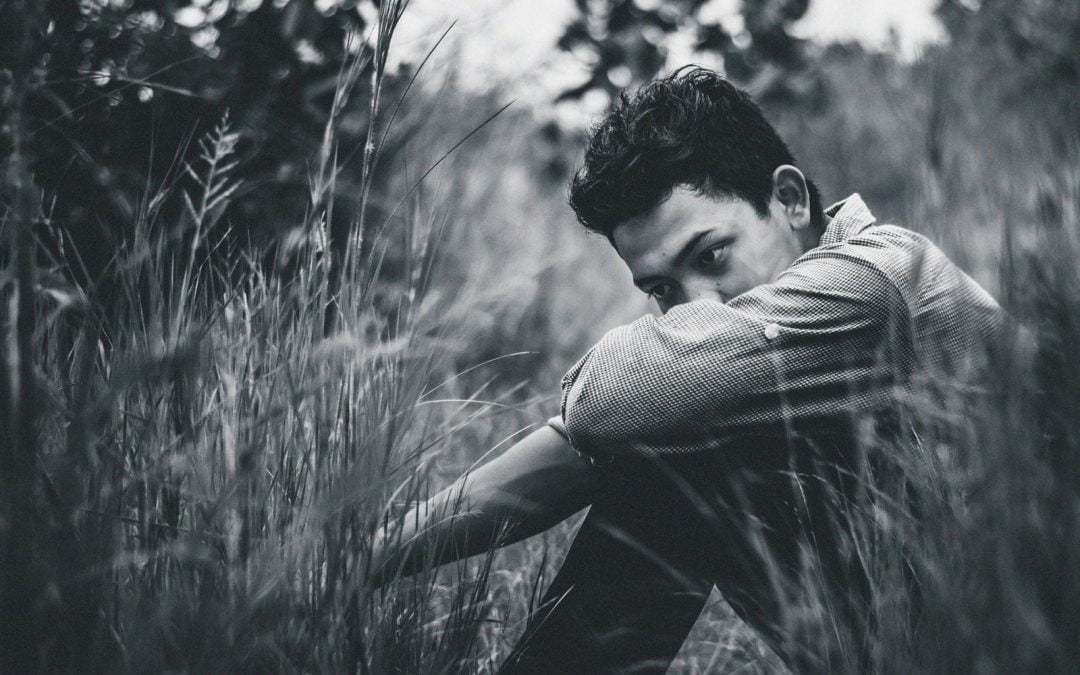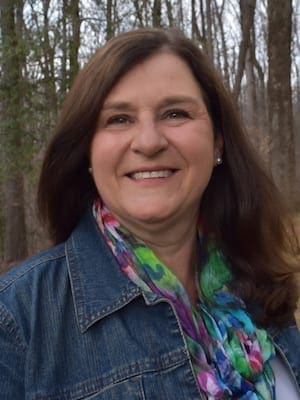Daniel* was dressed as a clown, complete with a colorful, baggy suit, big orange hair and an exaggerated, painted red smile.
It was his first Halloween. He was excited to share his loot with me, digging through his bag to find a Reese’s Peanut Butter cup, my favorite.
Daniel is a 17-year-old unaccompanied minor from Central America who was sent to the U.S. by his parents.
The level of taunts, verbal abuse and physical attacks had made it impossible for him to safely leave his home.
He couldn’t go to school, church or the local store without fear of being grabbed, thrown to the ground and beaten and kicked.
At the time I met him, Daniel had been in a shelter for unaccompanied minors for over nine months, waiting on clearance in order to join a sponsor in the U.S.
Sponsors are often parents or close relatives; some sponsors are distant relatives or close family friends.
Sponsors and those who share lodging with them must pass criminal background checks, and the sponsor must be able to care for the child in a safe, appropriate home environment.
Two of Daniel’s potential sponsors were denied; the third, a cousin, was still awaiting approval.
Meanwhile, Daniel gradually lost hope as he waited – hope of starting school, of going to a football game, of spending the holidays with someone, of being wanted.
Luisa*, a young social worker in Virginia, understands what unaccompanied minors go through.
Luisa lived much of her life with her family in the U.S. She is fluent in English, attended school in the U.S. and has crossed the border many times to visit her family.
But one day, Luisa’s luck ran out. During a trip to rejoin her mother in the U.S., she was apprehended as an unaccompanied minor and spent months in a detention facility.
Three days before her 18th birthday, neither her mother nor sister had been approved as sponsors, and Luisa was scheduled to be transferred to an adult detention facility.
Case workers managed to place Luisa at the last moment with a foster family on the East Coast, far away from her family.
Luisa describes her foster parents as OK, but she never bonded with them or felt like part of a family.
“I was practically an adult when they took me in, an easy foster kid. But they didn’t really want me,” she says.
Luisa made the best of things and completed her senior year of high school. She worked a full-time job to pay her way through college (with no financial assistance), and she was accepted into graduate school.
Today, Luisa is a U.S. citizen, has earned a master’s degree in social work and has a job in her field.
But she thinks about those “lost years” when she was unable to be reunited with her family, when she lived far away from them and was unable to visit.
“I didn’t really celebrate the accomplishments in my life because there was no one to share them with.”
No one to attend her graduations; no one with her at the naturalization ceremony.
“It just wasn’t the same after detention and foster care,” Luisa said. Luisa’s life was forever changed by separation and detention.
During fiscal 2019, nearly 73,000 unaccompanied minors were apprehended at the southwest border.
All faced some form of detention as family members or sponsors were identified and screened.
The irony isn’t lost that Daniel chose to be a clown on Halloween. The huge painted-on grin and gaudy costume hid the real Daniel: a sad, depressed kid who desperately missed his parents and younger siblings.
Daniel was shuffled between several different detention facilities and considered a security risk due to a suicide attempt.
“I grabbed myself by the neck with both hands and squeezed as hard as I could.” Sometimes, Daniel said, he just wanted to die because nobody wanted him.
Recently arrived kids hide behind fake smiles to maintain the outward appearance of being happy.
They struggle with grief and loss as they miss their families, friends and familiar surroundings. They struggle with language and culture, often alone.
Others, like Luisa, acknowledge that they’re among the lucky ones. In spite of the challenges they’ve experienced, they’re using their own experiences of pain, separation and loss to help others.
But the fact is, every child who is separated from his or her family is forever changed. They will never be able to recover this time.
Editor’s note: A version of this article first appeared on LUCHA’s blog. It is used with permission. *Daniel’s and Luisa’s real names have not been used to protect their identity.
Find everything about JavaScript in the cheat sheets, read the script blog or use the other free online JS tools.
Cooperative Baptist Fellowship field personnel working with LUCHA Ministries in Fredericksburg, Virginia. Sue and her husband, Greg, are also part of CBF’s Advocacy Action Team for Immigrants and Refugees.


